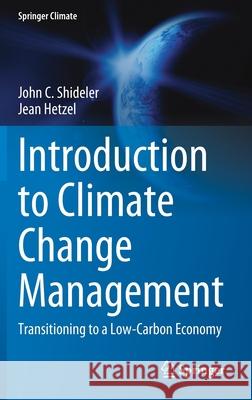Introduction to Climate Change Management: Transitioning to a Low-Carbon Economy » książka
topmenu
Introduction to Climate Change Management: Transitioning to a Low-Carbon Economy
ISBN-13: 9783030879174 / Angielski / Twarda / 2021 / 284 str.
Introduction to Climate Change Management: Transitioning to a Low-Carbon Economy
ISBN-13: 9783030879174 / Angielski / Twarda / 2021 / 284 str.
cena 362,27
(netto: 345,02 VAT: 5%)
Najniższa cena z 30 dni: 346,96
(netto: 345,02 VAT: 5%)
Najniższa cena z 30 dni: 346,96
Termin realizacji zamówienia:
ok. 22 dni roboczych.
ok. 22 dni roboczych.
Darmowa dostawa!
Kategorie:
Kategorie BISAC:
Wydawca:
Springer
Język:
Angielski
ISBN-13:
9783030879174
Rok wydania:
2021
Ilość stron:
284
Waga:
0.57 kg
Wymiary:
23.39 x 15.6 x 1.75
Oprawa:
Twarda
Wolumenów:
01
Dodatkowe informacje:
Wydanie ilustrowane











